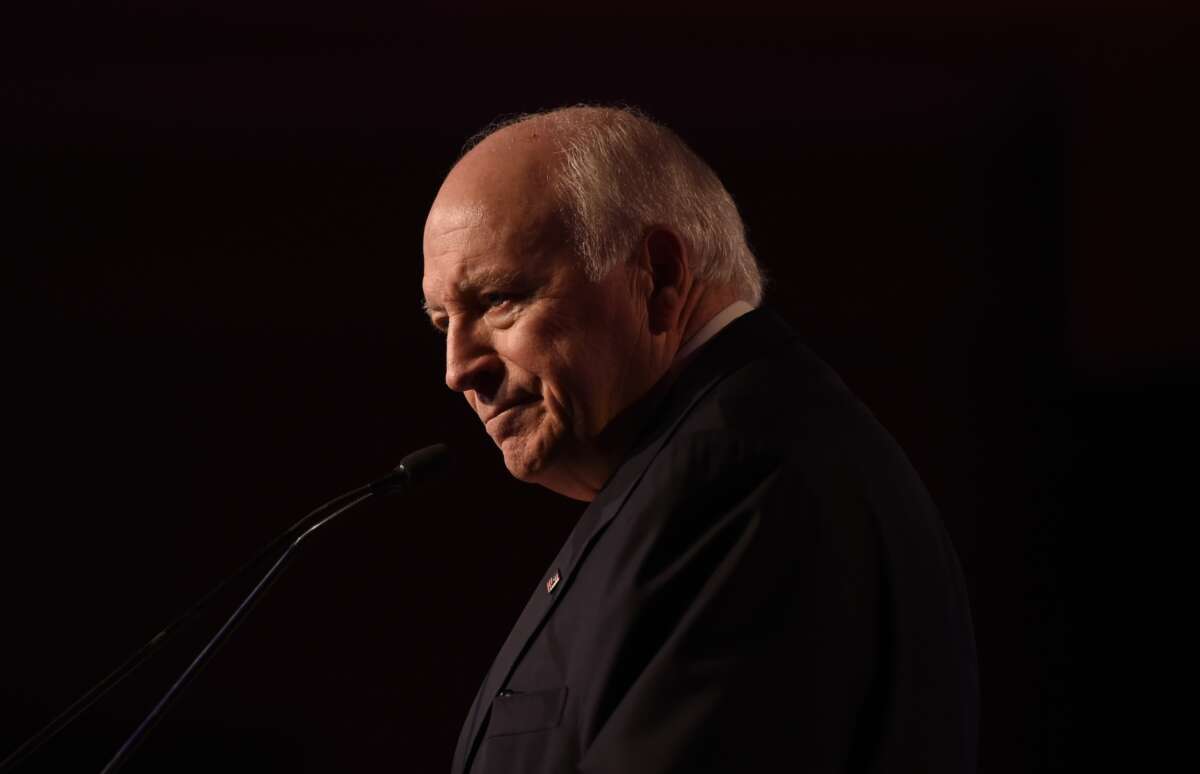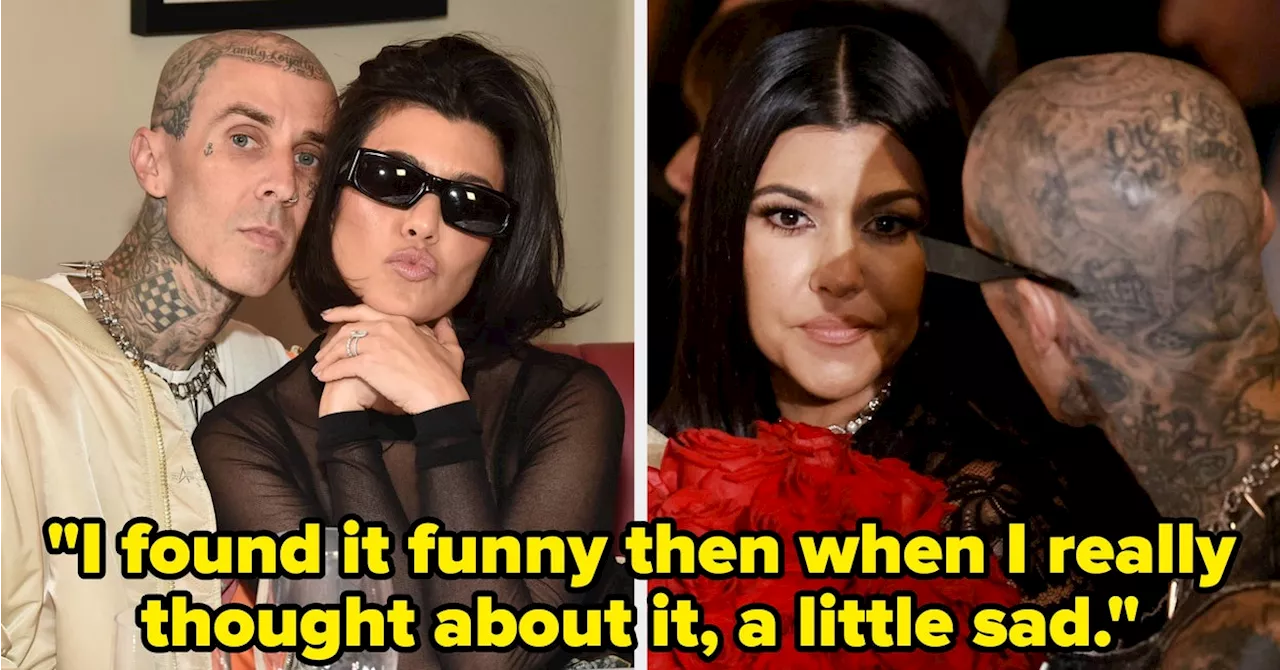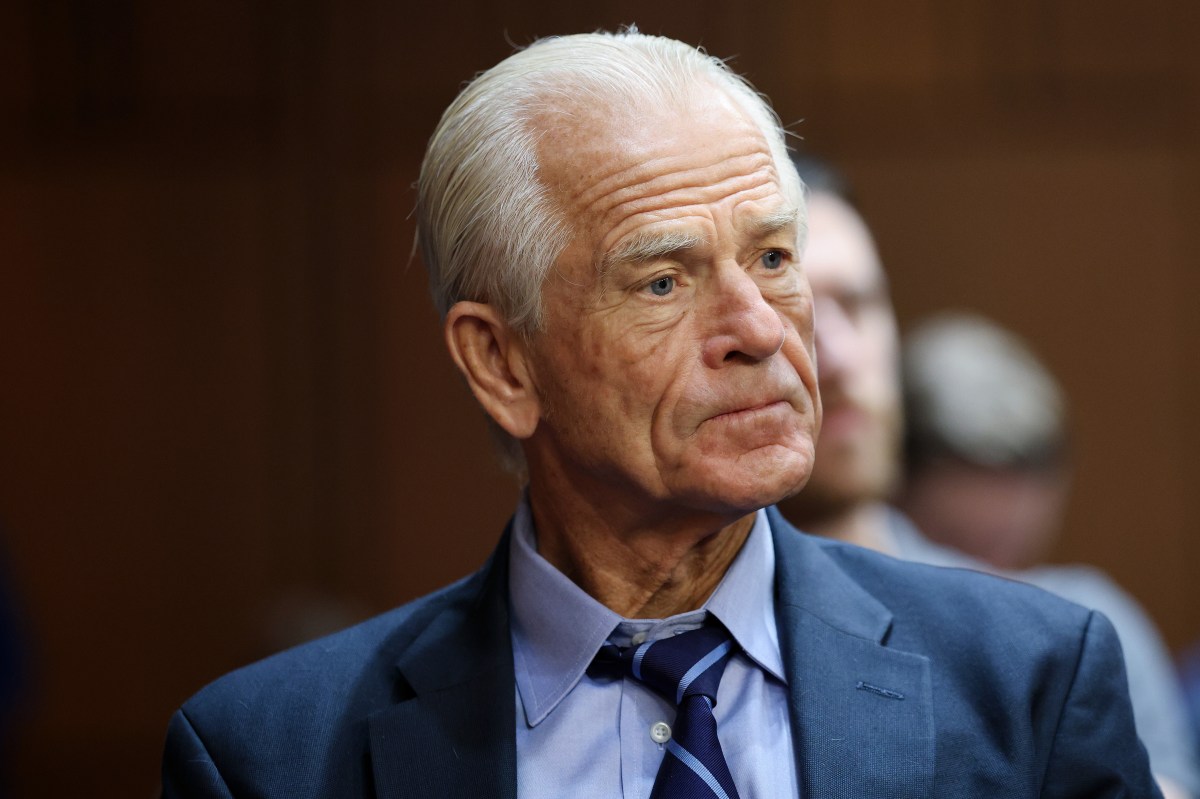BREAKING: Former U.S. Vice President Dick Cheney has died at the age of 84 due to complications from pneumonia and heart disease, as confirmed by his family on November 3, 2023. Cheney’s death marks the end of a controversial legacy, as he is widely regarded as a key architect of the post-9/11 wars that have resulted in at least 4.5 million deaths and displaced 38 million people across the globe.
Cheney passed away peacefully, surrounded by family who remembered him as a “good man” and a “noble giant.” However, his critics argue that he leaves behind a legacy stained with the blood of millions, having played a pivotal role in shaping U.S. foreign policy during a time of unprecedented conflict.
As the Secretary of Defense under President George W. Bush, Cheney was instrumental in the launch of the “war on terror,” leading to military actions in Afghanistan, Iraq, and beyond. His policies not only altered America’s approach to warfare but also set a precedent for mass surveillance and the criminalization of communities, particularly Muslims, within the U.S.
Cheney’s controversial tenure saw the justification of military actions under the guise of fighting terrorism, including the infamous abuses at Abu Ghraib and Guantanamo Bay. His push for expansive executive power, embodied in the unitary executive theory, has influenced subsequent administrations, allowing them to pursue aggressive military strategies with minimal congressional oversight.
The implications of Cheney’s policies are still felt today. His actions contributed to the ongoing humanitarian crises in war-torn regions like Yemen and Syria, while also setting the stage for modern-day immigration policies enacted by agencies like ICE, which emerged from the Homeland Security Act post-9/11.
In recent years, Cheney attempted to distance himself from his controversial legacy, even endorsing Democratic candidate Kamala Harris for the 2024 presidential election. Yet his legacy of militarism and executive overreach continues to resonate, prompting ongoing debates about the future of U.S. foreign policy and governance.
As the world reflects on Cheney’s impact, many are calling for a reckoning with the consequences of his actions. His death serves as a stark reminder of the profound human cost of the policies he championed, leaving many to ponder the enduring effects of his controversial and often divisive legacy.
Stay tuned for updates and reactions from political leaders and analysts as this story develops.






